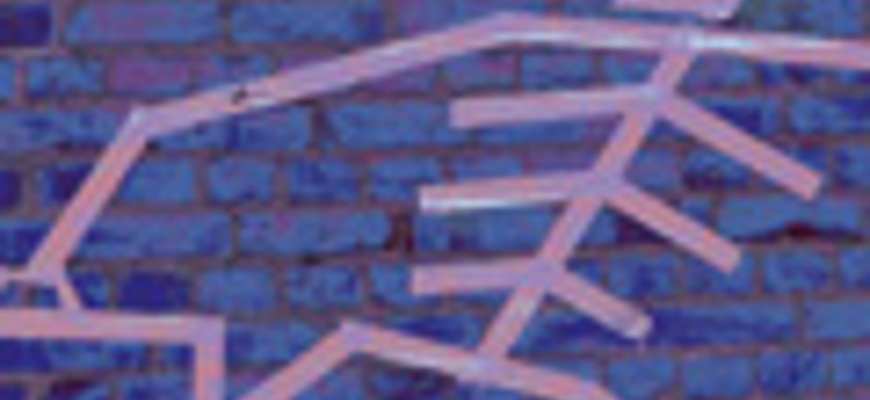Hunting down the pirates: part 2

The August 2004 Journal (page 56) considered the aims and implications of the Enforcement of Intellectual Property Rights Directive (2004/48/EC). To implement the directive in the UK, the draft Intellectual Property (Enforcement, etc) Regulations 2006 have been consulted on. The regulations are planned to commence on 6 April 2006, and at the time of writing the Patent Office has advised that the regulations (as discussed here) should be in their final format.
To recap, the main aim of the directive was to harmonise the procedures, remedies and penalties available against IP infringers, based on the “best practice” found in at least one member state’s national law. Although substantive UK law does not require to be altered, in relation to the Scottish courts there are a number of changes (not required in England and Wales) which should assist IP owners to take more effective steps against infringing acts – particularly those committed on a commercial scale.
Right of information
In terms of regulation 5 the Scottish courts will have power to order provision of information about the origins of goods and their distribution networks, along with details of quantities and prices, by the infringer or/and the person caught holding the infringing goods. This will create a Scottish right of discovery of information broadly equivalent to Norwich Pharmacal orders ([1974] AC 133), which have long been available in England. Such applications should be possible before raising an infringement action and could be directed against third parties, even if innocently caught up in the infringement. Obviously disclosure has to be justified and proportionate. This could be a very useful tool for IP right holders who may not be able to trace the exact source of the infringing goods/penetrate the distribution network.
Equal rights in remedies
At present in the UK additional damages are only provided for in statute for copyright infringement, with the court having regard to the flagrancy of infringement and any benefit accruing from it. To create a greater deterrent against IP infringement and to recognise that certain losses such as loss of reputation are very difficult to assess, the remedy will be available for all types of IP infringement in the UK, and expressly for Scotland. This is to give effect to article 13 of the directive, which allows the court to consider elements other than economic factors when assessing damages. As Scotland does not have the English concept of “aggravated damages” at common law, there will be statutory provision requiring our courts to take account of non-economic factors in determining damages for infringement of IP rights. Regulation 4 provides that additional damages may be awarded in cases of passing off in Scotland, based on the test set out above for copyright infringement. Similar amending provisions for Scotland in the schedules to the regulations alter the governing legislation for registered designs, patents and trade marks. It will be interesting to assess the practical impact of this in due course to see whether the broad right to additional damages only affects commercial settlement negotiations or results in larger damages awards by the court.
Regulation 6 allows the Scottish courts, where there has been a finding of IP infringement, at the pursuer’s request to order dissemination and publication of the judgment at the defender’s expense. PR is an important aspect in any brand protection/ management case and this could be a useful tool for IP right owners.
Third party organisations
Other parties who have a direct interest in enforcing rights, such as professional organisations in charge of the management of those rights, will be entitled to bring proceedings in their capacity as a representative association. Schedules to the regulations set out the necessary changes to the legislation governing registered designs, patents, copyright and trade marks. Provision has also been made in relation to the common law remedy of passing off. Basically, it is recognised that the owner of the relevant IP right can grant a representative association a right to bring an action in relation to infringement. The grant must be in writing and the association may only exercise the right of action with leave of the court. The association’s rights are concurrent with those of the owner and financial remedies cannot be awarded in its favour if the owner has already been compensated. Clearly this could be of significant practical use for collective professional bodies/groups of IP owners who have decided to target certain infringements as a group rather than individually. Again it will be interesting to see how this impacts on the raising of intellectual property claims in Scotland and UK-wide.
In the writer’s view the regulations could give IP right owners some extra teeth to pursue flagrant large-scale infringers, and it will be interesting to see how Scottish courts in particular are asked to apply, and actually do apply these changes.
Robert Buchan, Associate, IP & Technology Department, Maclay Murray & Spens
In this issue
- Mutual trust is the key
- Last man standing
- In the public eye
- The cost of succession (and who pays the price)
- MHTs: take another look
- The profit trend
- Getting a get in Scotland
- Appealing to charity
- It's not broken! So why fix it?
- Rolling back the years
- Clock watching
- Child support: lobby the review
- The ECJ: a growing sphere of competence?
- Bone of contention
- Asbestos: a nasty upset
- The form for selection
- Reshaping sexual offences
- Hunting down the pirates: part 2
- Better bargaining
- Website reviews
- Book reviews
- ARTL: your chance to be heard
- SDLT: new lost forms procedure






